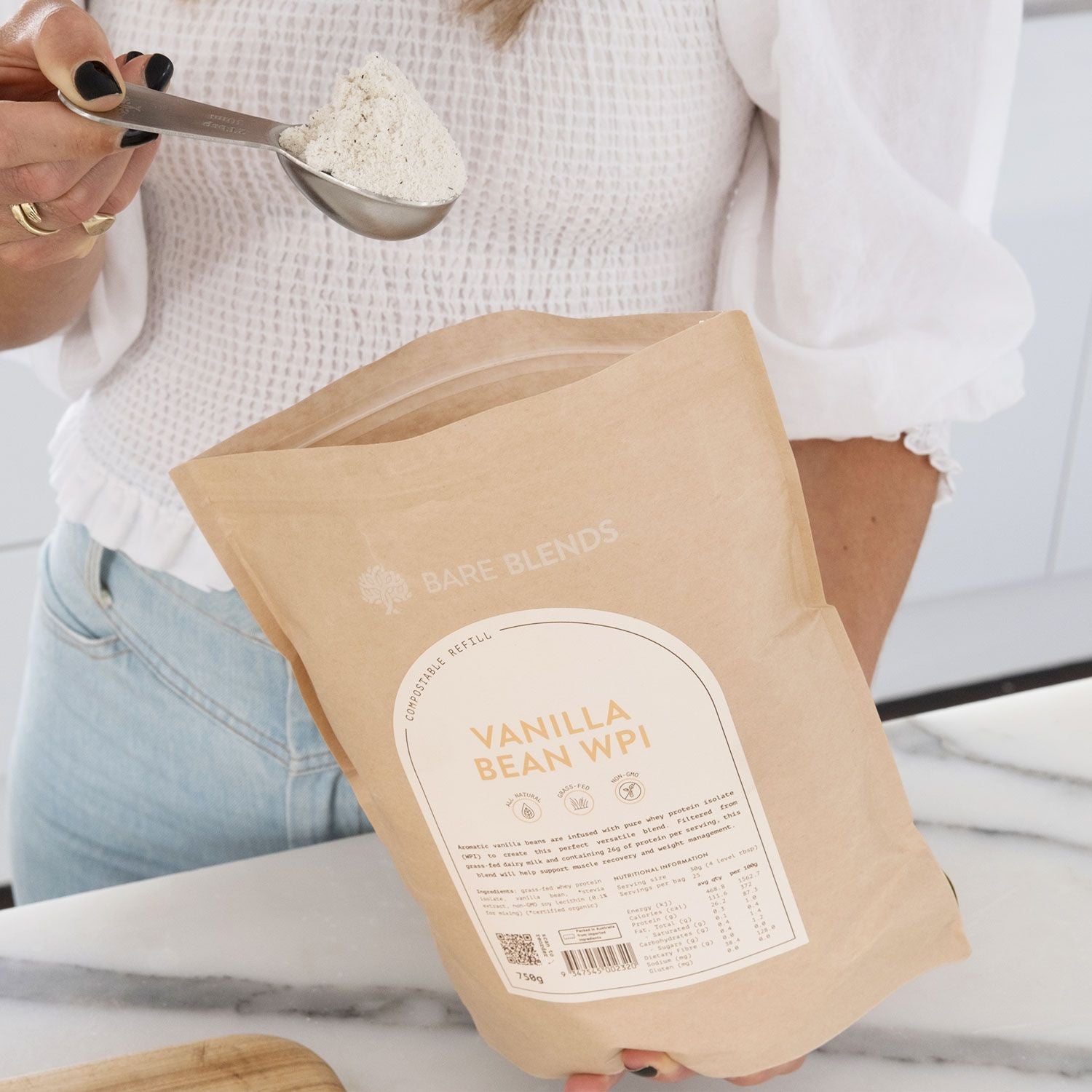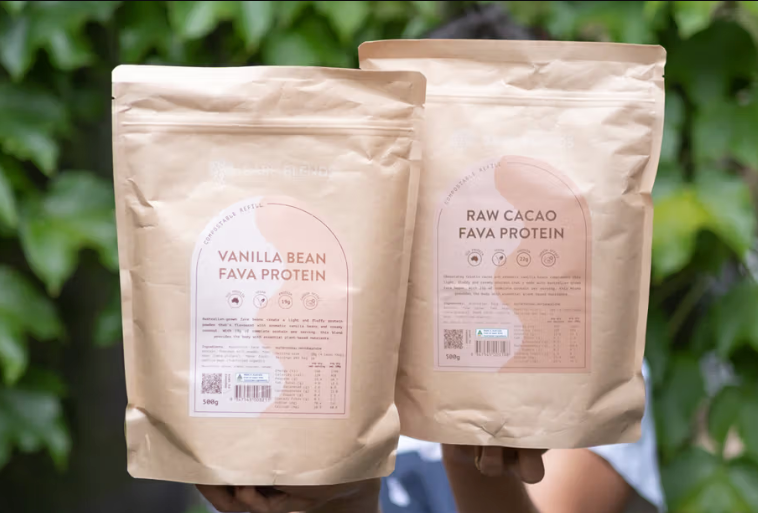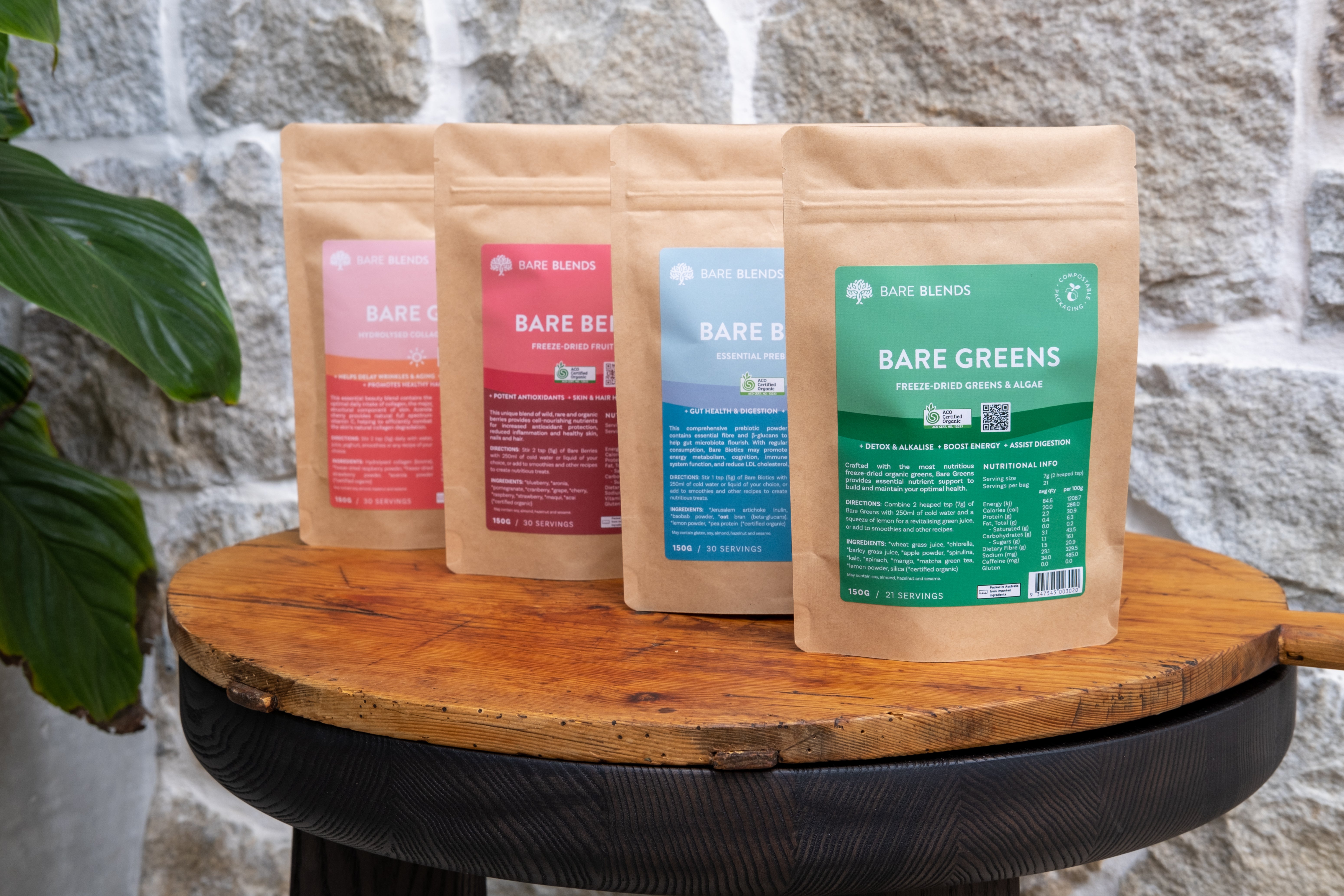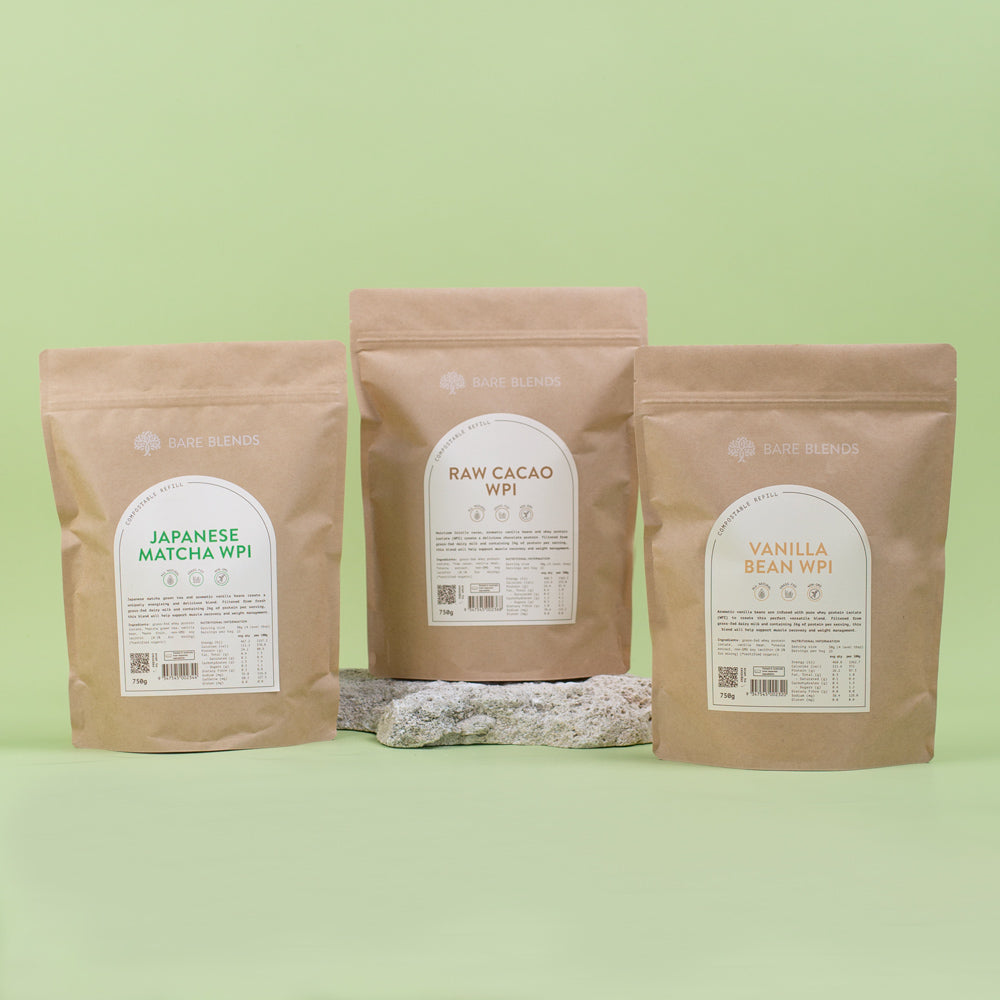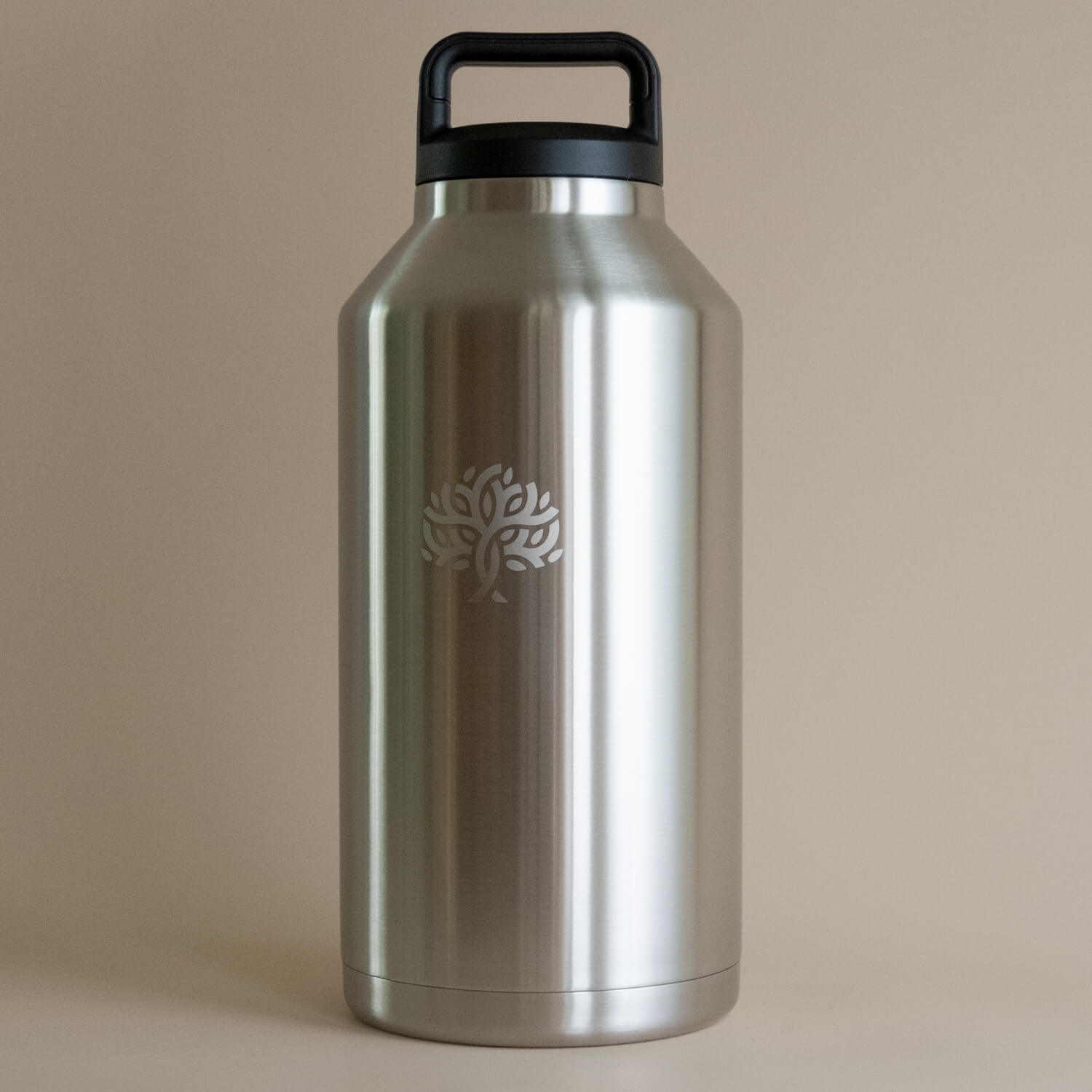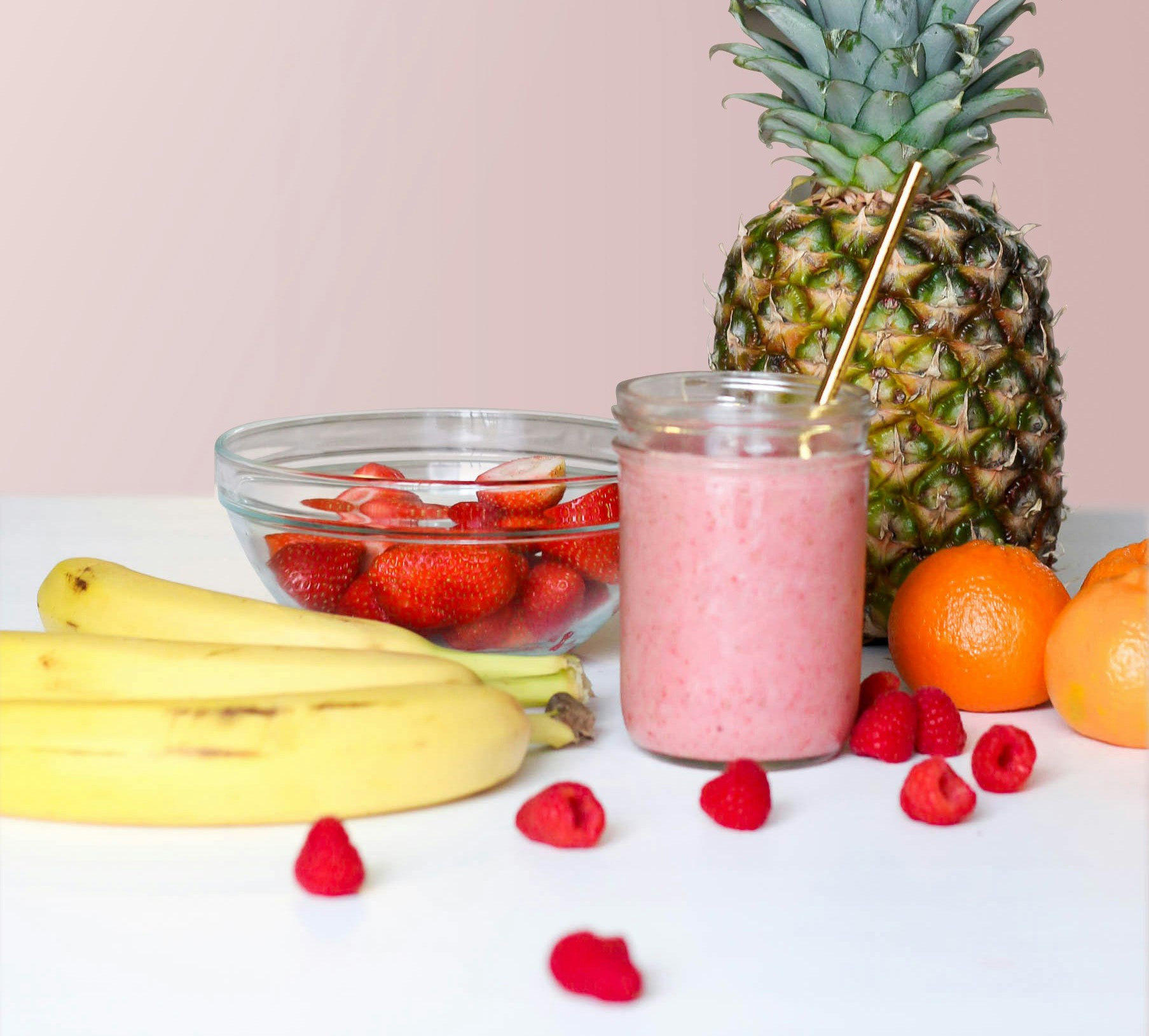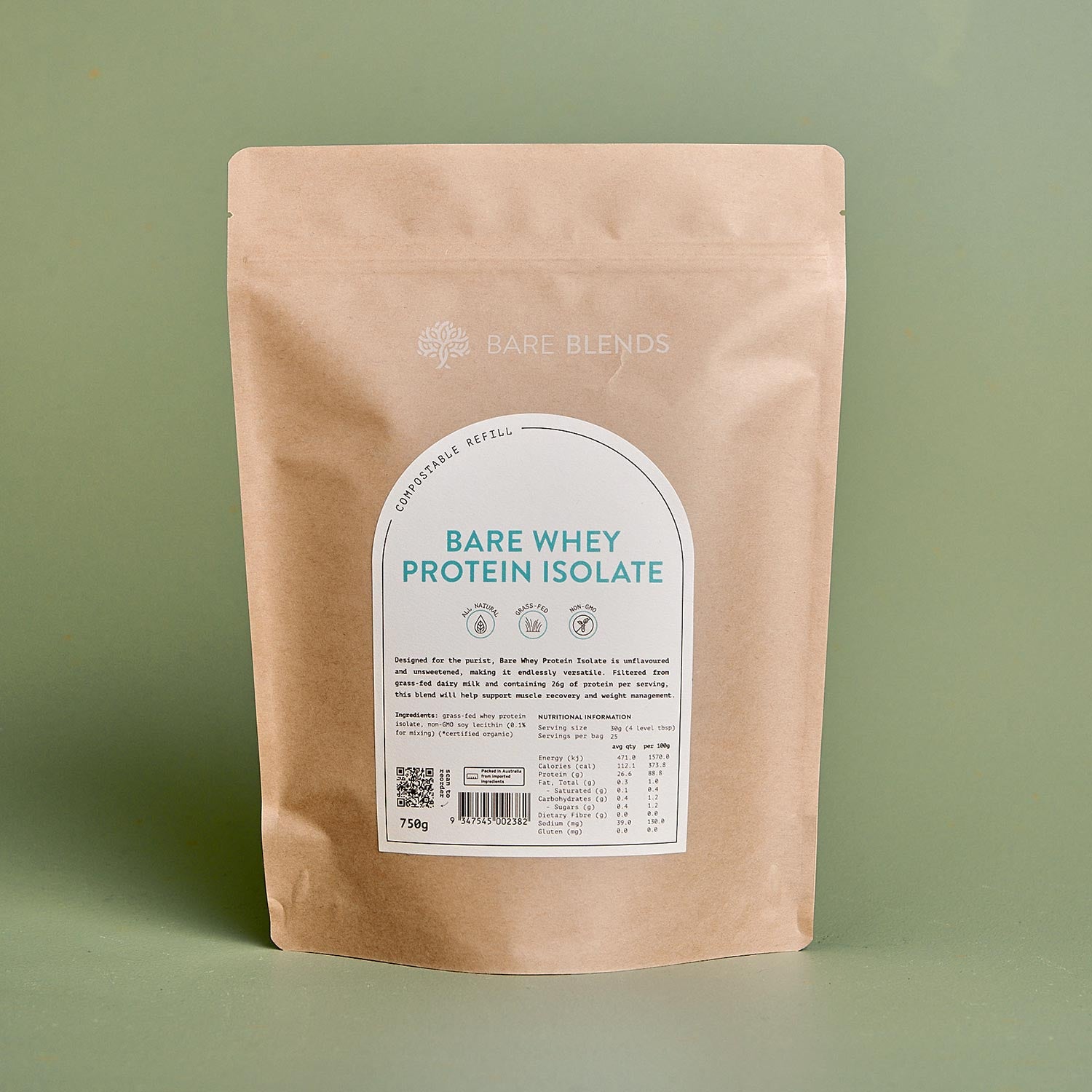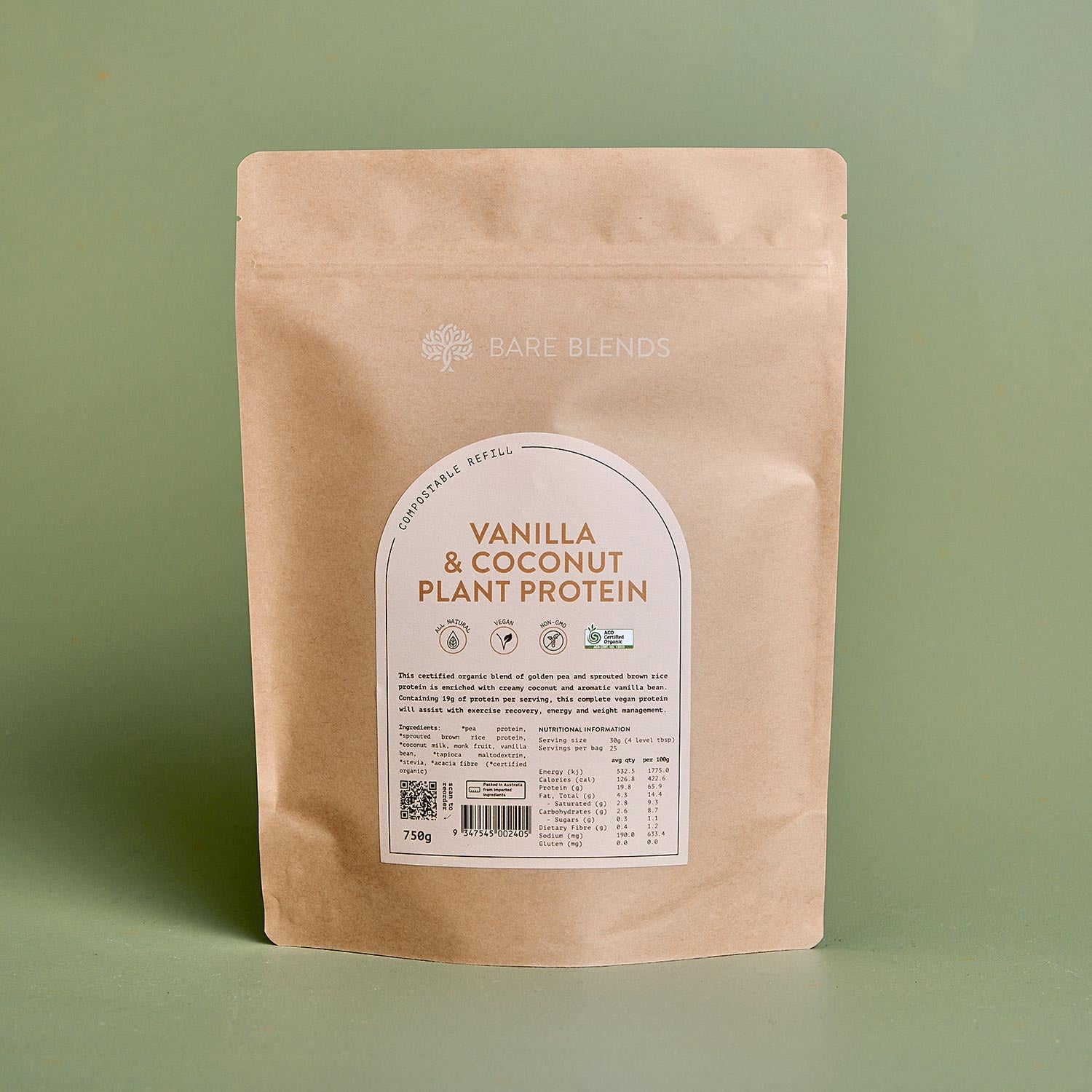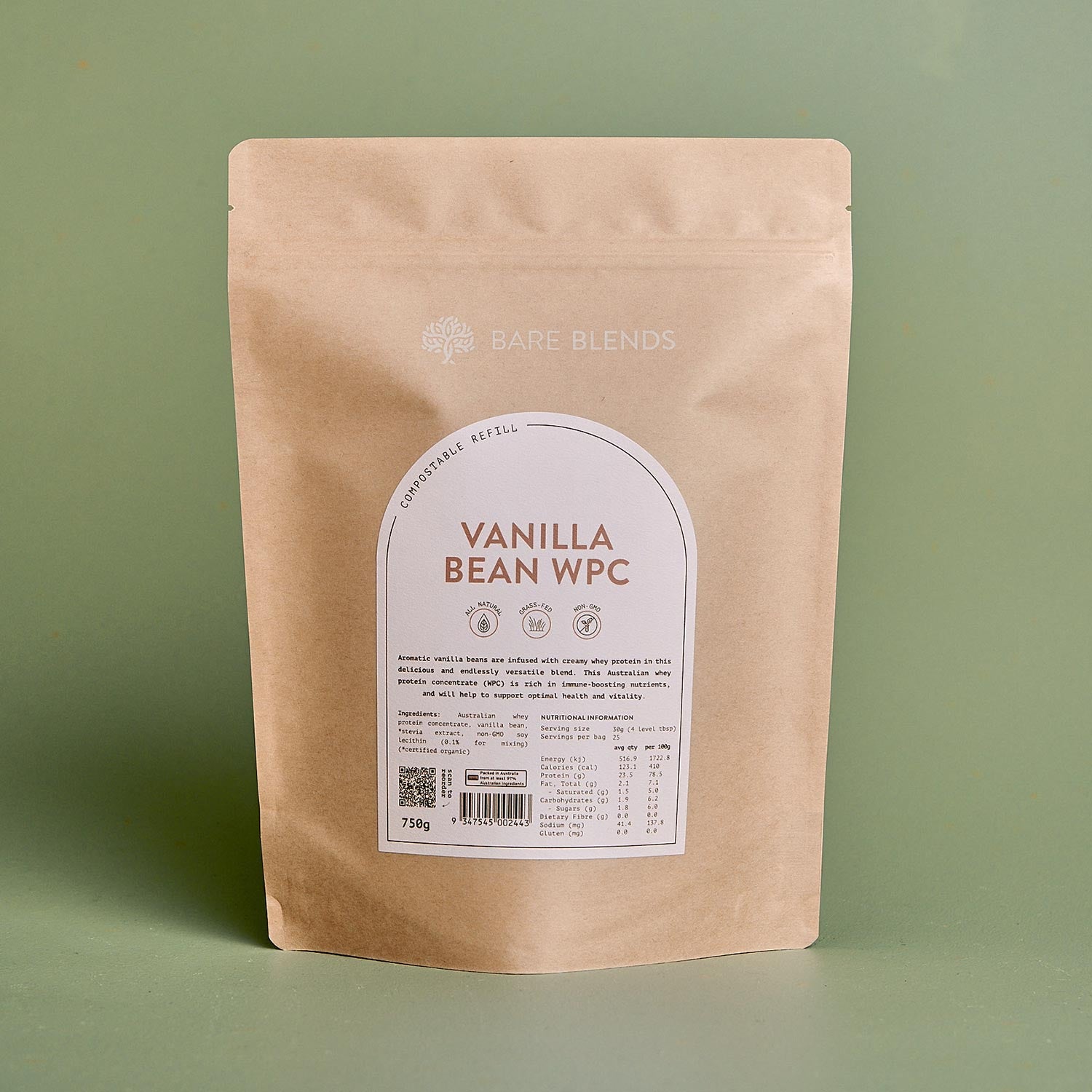When it comes to kids and their intake of protein, there's a lot of conflicting information out there. There are some powders that are definitely not for kids, some we would avoid completely. But there are also beautifully crafted natural protein powders on the market that would, not only be adequate for children, but very beneficial. So, are protein powders safe for children?
I’m nutritionist Sam Wooldridge and in this article I will provide you with the science, plus some relevant clinical information about kids and protein. In short - yes, protein is okay to give your kids.
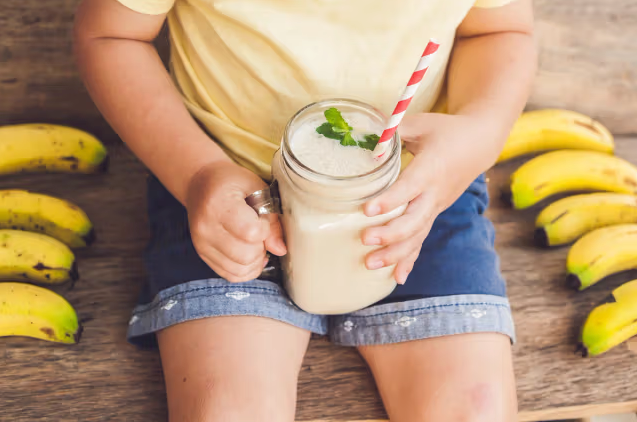
What is protein?
Protein is an essential nutrient required by the body for all growth, development, repair and function. Both plant and animal proteins are composed of 20 building blocks called amino acids, the proportion of these amino acids vary given the protein source. When ingested our bodies are constantly breaking down and resynthesizing the proteins for use, depending on what the body needs, each amino acid compound is used differently.
Out of the 20 amino acids, 9 of them are essential, which means that they must be provided through dietary intake. This is because the human body does not have the metabolic pathways to synthesize these. The other 11 amino acids are non-essential, meaning our bodies can produce these even if they are not ingested.
Kids and protein
In the years of significant growth kids require up toalmost double the amount of protein per kilogram of body weight than a fully grown male. As kids grow, their age and protein requirements have an inverse relationship.
How much protein do kids need?
For kids and youth, protein requirements remain higher than a full grown adult in grams per kg of body weight (g/kg bw) until they reach 18 years old. The National Health and Medical Research Council (NHMRC) deemed that kids between 4 and 8 years old have a recommended daily intake (RDI) of 0.91 g/kg, compared to adult women 0.75 g/kg and men 0.84 g/kg. This is attributed to significant growth and development in a relatively short period of time, not to mention high levels of energy and activity.
Signs of protein deficiency in kids
These days it's uncommon to see the effects of severe protein deficiency, though as a nutritionist, sometimes I see very picky eaters experience the subclinical symptoms, if you're unsure, here are some subtle signs to keep in mind:
- Slowed Growth And Development (Failure To Thrive)
- Sores, Cuts Or Bruises That Are Slow To Heal
- Lack Of Concentration
- Trouble Learning
- Unstable Moods
- Depressed Immune System (Often Sick Or Trouble Recovering)
- Nterrupted Sleep
- Aches, Pains Or Muscle Weakness
- Skin Or Finger Nail Anomaly
- Loss Of Or No Appetite
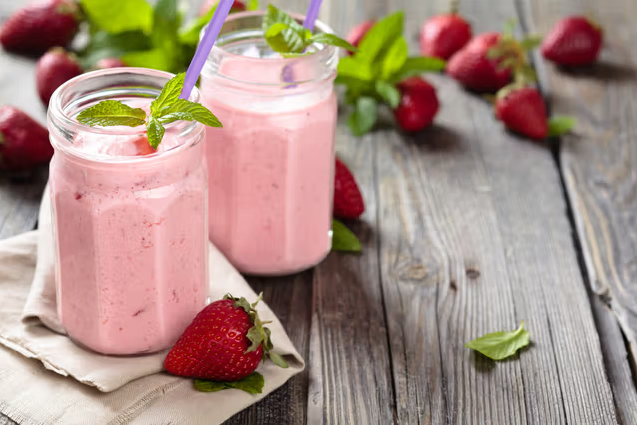
Should I feed my kids protein powder?
There are a few factors that can influence parents' decision to feed their children protein supplements or not. And whilst the topic is completely subjective to the individual child and family, here are some points to keep in mind.
Judgement free zone
Parents of a younger child might have things like fussy eating on their mind, trying to ensure their child is eating enough for proper weight gain. Some children will only accept one type of protein (e.g. dairy) and others will reject it and prefer high energy, simple carbohydrate foods. In long term cases of persistent fussy eating, sometimes any food is better than no food. If you have older children, the family may be looking for ways to keep them full or fuel them for a dozen different activities whilst keeping them sharp for school.
The quick option
As much as we’d all love to have nutritionally balanced meals all throughout the day, sometimes busy families need an easier, quicker option, and smoothies are perfect for times like this. Protein powders served with fruit, veg and a nut butter are nutritionally whole and easy to whip up. If you have a fussy eater, blend something in the colours they will eat.
Protein and babies
To be clear, I do not recommend protein powder as a substitute for breast or formula milk. Once a toddler is completely weaned and proficient with solids, protein powders can be slowly introduced as part of a healthy balanced diet if the family deem it fit.
Best protein powder for kids
The best protein powder for kids is one that's as natural as possible. Choose a powder that's not heavily processed and does not contain sugar, artificial sweeteners, “natural” flavours or fillers. Knowledge is power here so if you come across an ingredient that you don't know, google it.
Things to look for if you decide to feed your kids protein powder:
- Organic ingredients where possible
- Whey, rice or pea protein powders (organic where possible)
- Flavoured with only whole foods (no artificial or natural flavours)
- If choosing whey; high quality, grass-fed whey protein
Things to avoid in a kids protein powder:
- Sugars and artificial sweeteners
- Long ingredient lists
- Synthetic fillers
- Vegetable oils
- Soy protein
- Artificial flavourings
- Avoid ‘gainer’ or ‘weight loss’ protein powders
- Synthetic amino acids
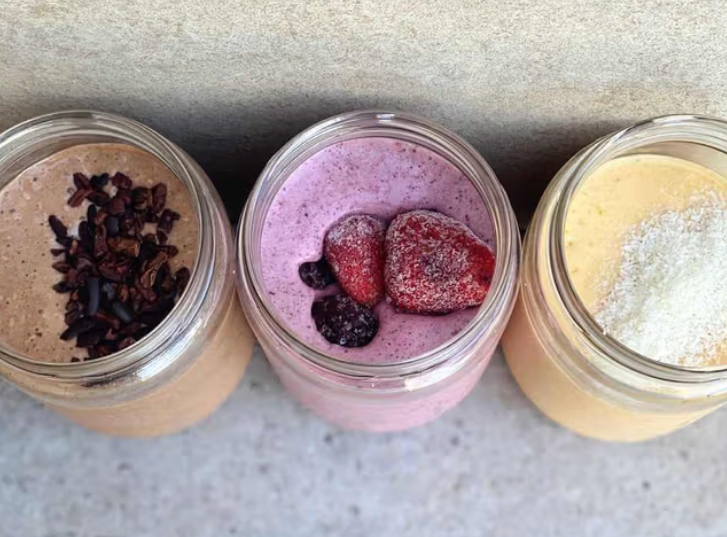
What type of protein powder for kids? Whey or plant?
When coming to conclusions on this topic I have read the research and taken into consideration the bioavailability, the digestibility and anabolic potential of both protein sources to discern the most effective type of protein.
Plant proteins
Plant proteins are an amazing source of protein and amino acids if you have chosen a vegan lifestyle, though if you are looking to get the most from your protein - the research has spoken and whey is the winner.
Whey proteins
Whey protein has shown to be the superior protein source, one study compared digestibility and the body's ability to absorb and use the amino acid content in each type of protein. Whey has shown to be more bioavailable, more easily digestible and with a higher net protein utilisation than plant protein, giving whey a higher anabolic potential. When it comes to digestibility, to put it into perspective, human breast milk contains 7% lactose and the protein content is 70% whey protein, so kids absolutely do have the ability to digest whey effectively.
Getting kids involved
As children grow and become more independent, smoothies are a perfect way of setting foundations and teaching them about good health. Getting kids involved in their own nutrition not only gives them knowledge, but some might just be more inclined to eat it.
The Bare Blends range of protein powders is great for kids and adolescents at any stage, fussy eaters and also for those on restricted diets. Our whey and plant proteins have a balanced amino acid profile and will aid in boosting nutrient intake.
Some healthy smoothies
Serving up a healthy smoothie with milk of your choice, and organic protein powder, some fruit, nuts and maybe some sneaky veg is one of the easiest ways to involve them in the kitchen. Here are some kid friendly recipes for you.

